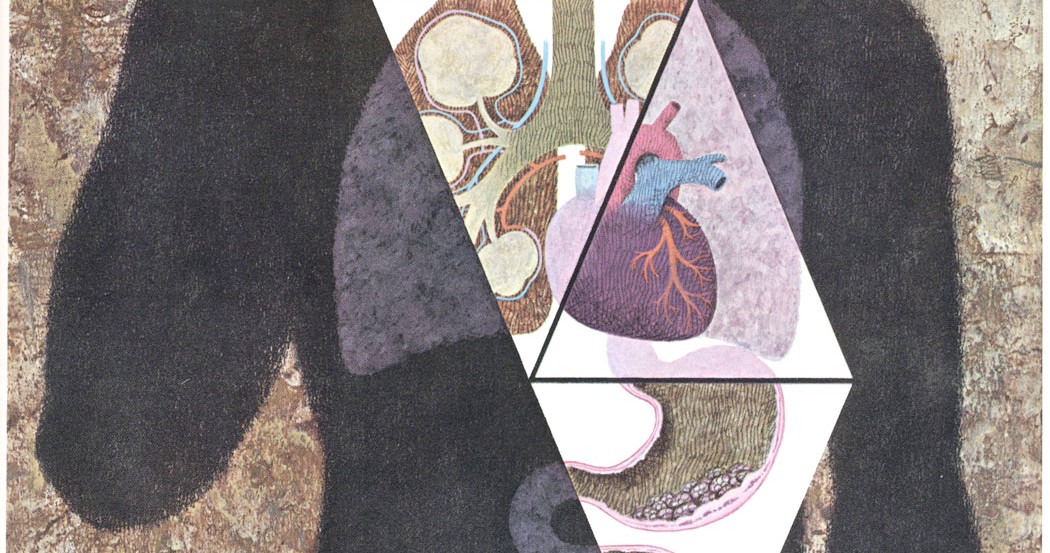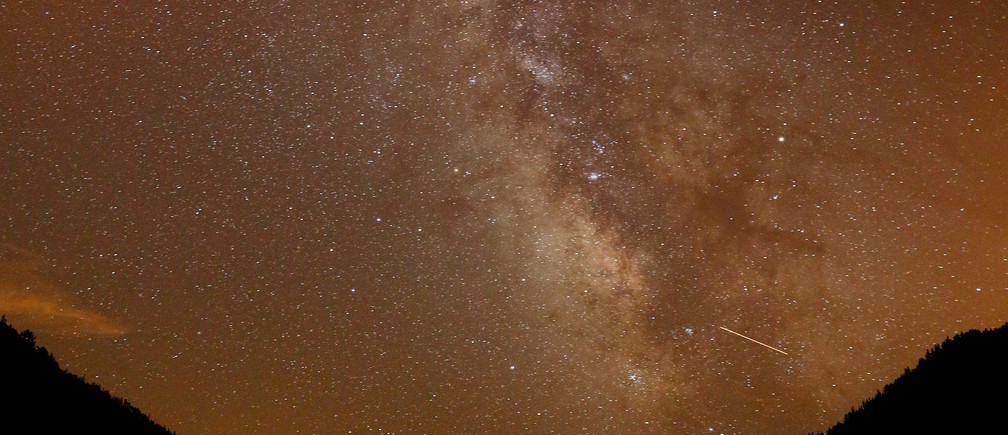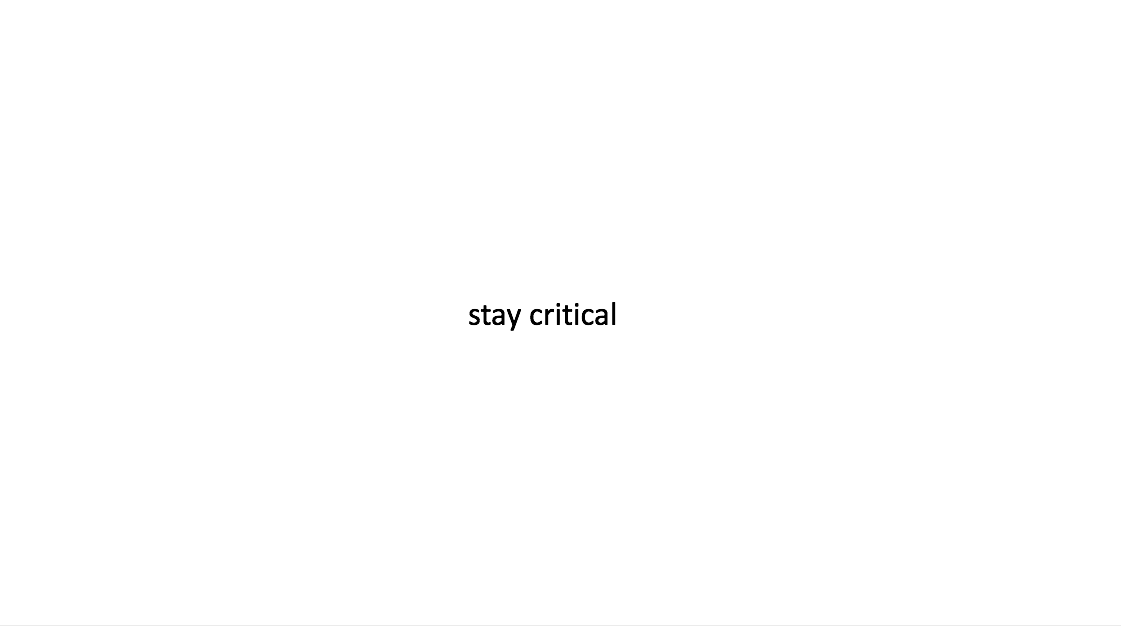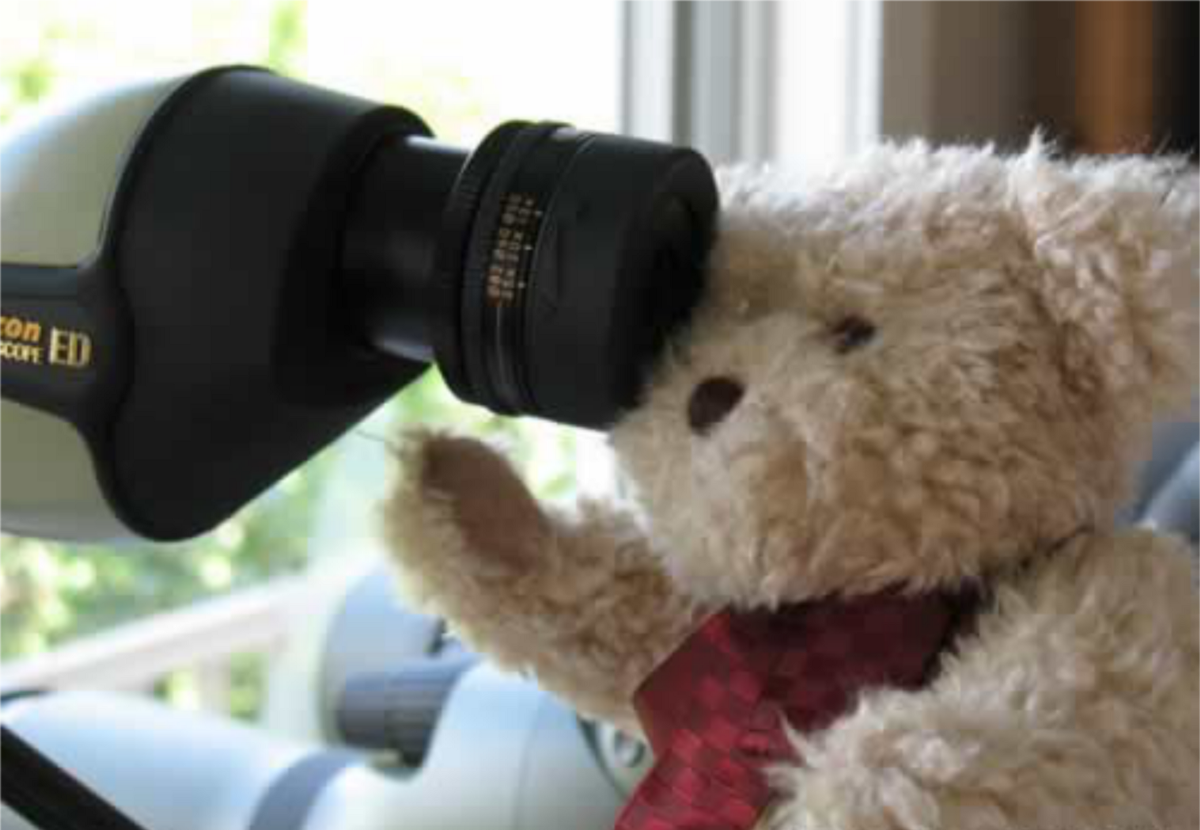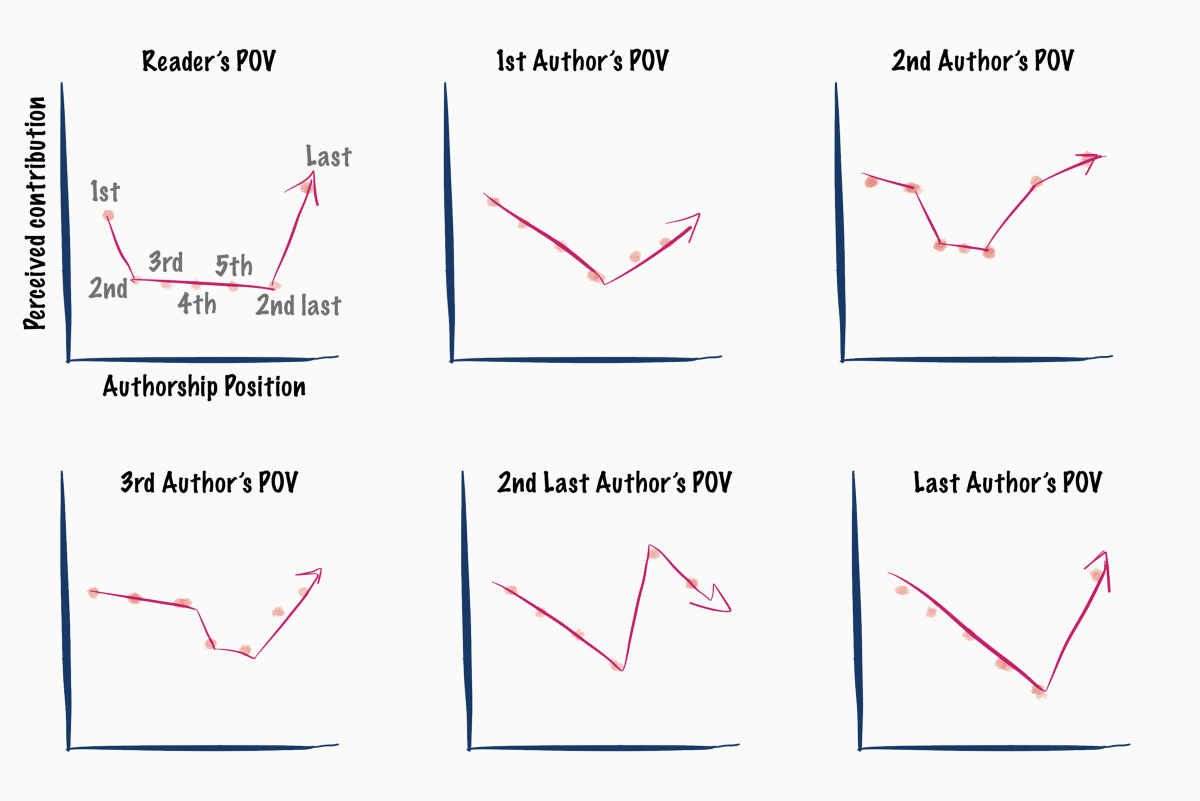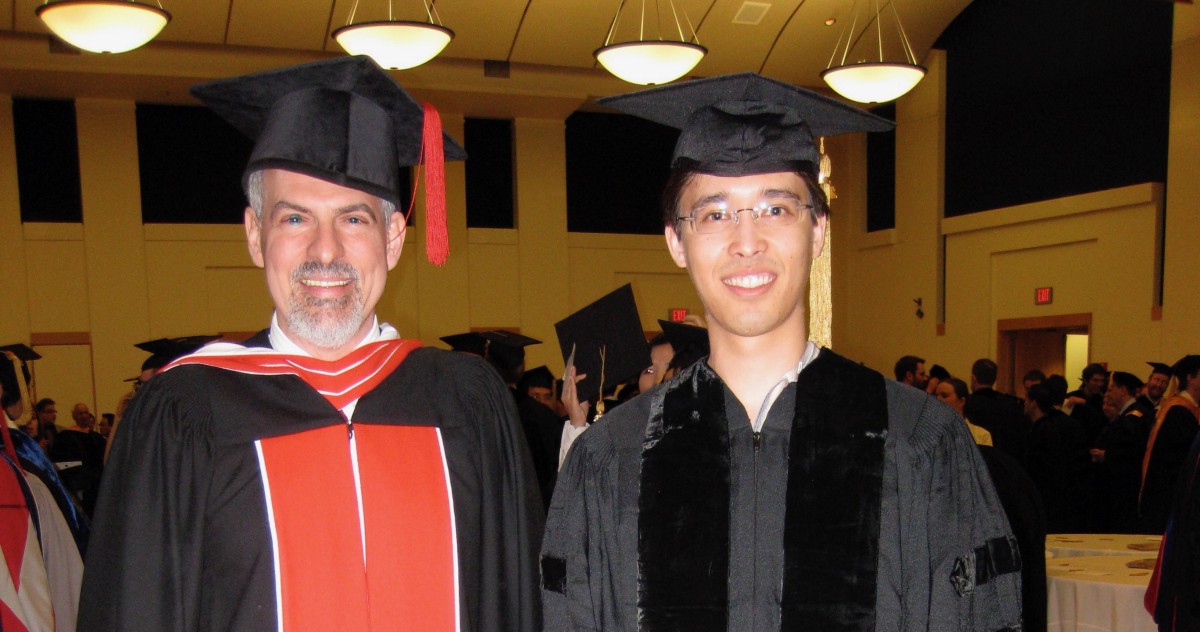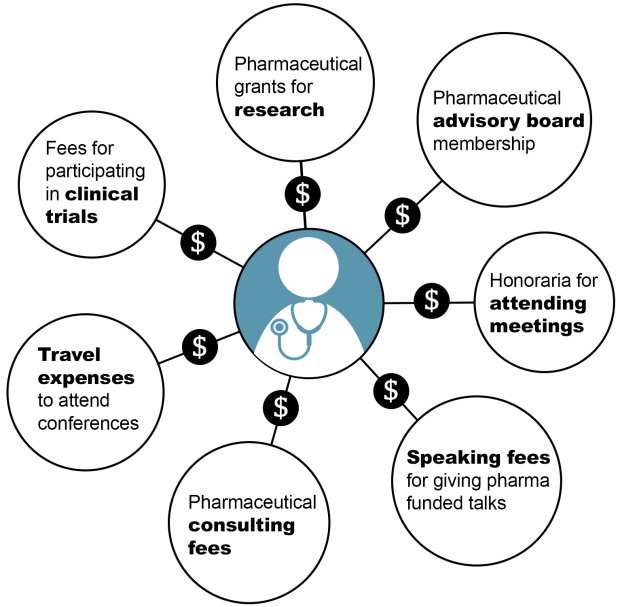Send us a link
Concerns about Blockchain for Science
I know, I know: I wrote about blockchain for science just last summer — this blog will explain why I now consider implementing blockchain to “improve” science a mistake.

How Citizen Science Changes the World
The NSF encourages people to help build a better, more informed society by participating in Citizen Science, or Public Participation in Scientific Research in a program designed to engage the public in addressing societal needs and accelerating science, technology, and innovation.
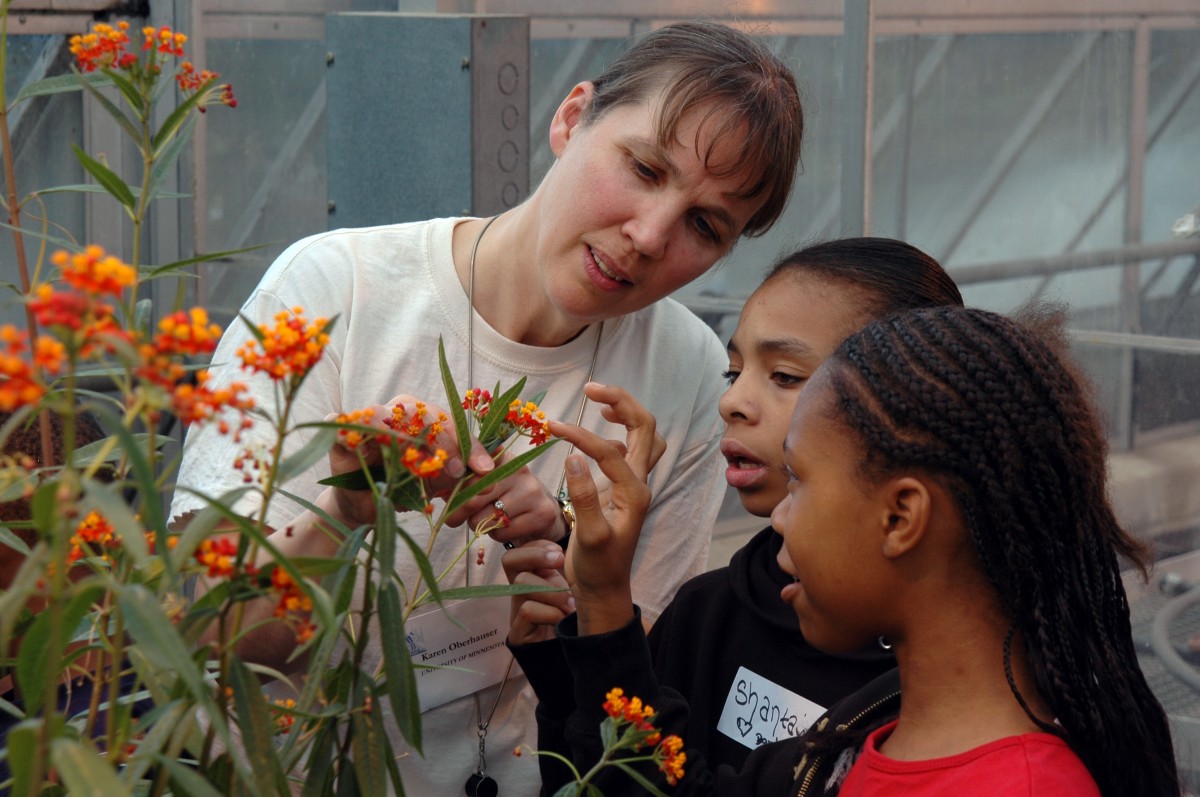
Open Access Knowledge: Digital Style Guide - Writing for Research
Style guide presents central principles, issues, and innovations regarding open access citations.

10 Things Everyone Should Know About Machine Learning
As someone who often finds himself explaining machine learning to non-experts.
Dissipative Adaptation, The Origins of Life and Deep Learning
In this piece, I will explain how the explanation of the emergence of life could also explain the mechanism of Deep Learning.

You’re a Researcher Without a Library: What Do You Do?
Investigating solutions for frustrated scholars, nonprofits, independent learners, and the rest of us.

It’s Time for a Revolution in Data Access
Trevor Mundel, President of Global Health at the Bill & Melinda Gates Foundation, is eager to see Gates Open Research match the performance of Wellcome Open Research.
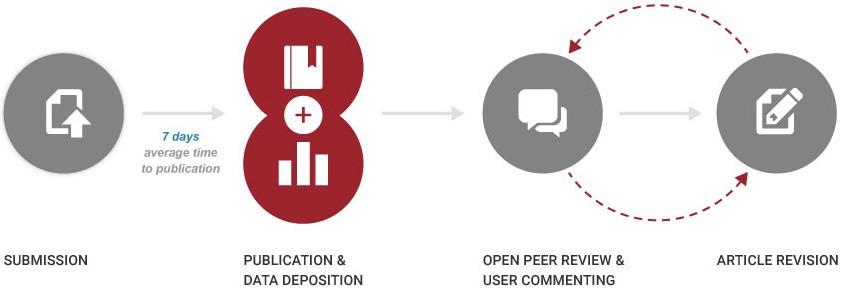
The Future of Open Access Should Not Be Left to the Legacy Publishers
The Future of Open Access Should Not Be Left to the Legacy Publishers
The interests of the legacy publishers cannot co-exist with the ideals of the Open Access movement.
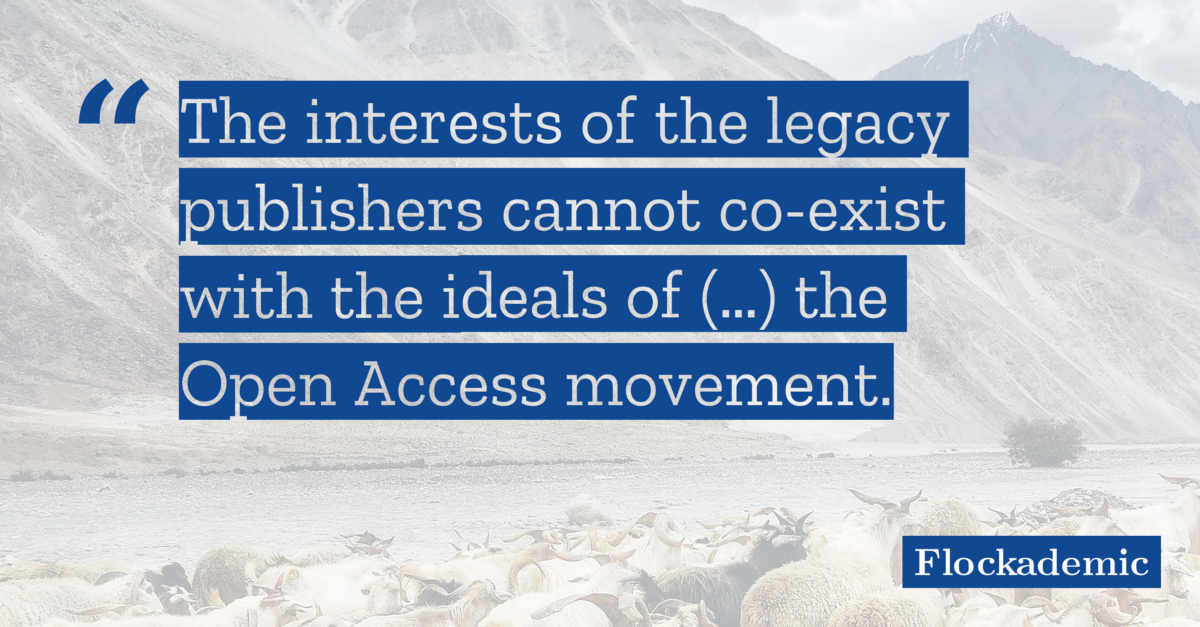
Dearly Departed Languages
Why Greek and Latin medical terminology is better off dead.
Mapping the Adjacent Possible
Imagine a connected online web of scientific knowledge… tightly integrated with a scientific social web that directs scientists’ attention where it is most valuable, releasing enormous collaborative potential.

Why I Want To Hit Academics On The Nose With A Rolled-Up Newspaper
Unsurprisingly, many — if not most — scientists aren’t great at science communication.

Why We Find And Expose Bad Science
Bad research just doesn’t affect the people in the area around it, the people who might spend years trying to take a dodgy result and extend it.

These Trailblazers Are Paving the Way for Open Access
After almost two decades, these developments give hope that scholarly articles will finally be freed from their paywalls.
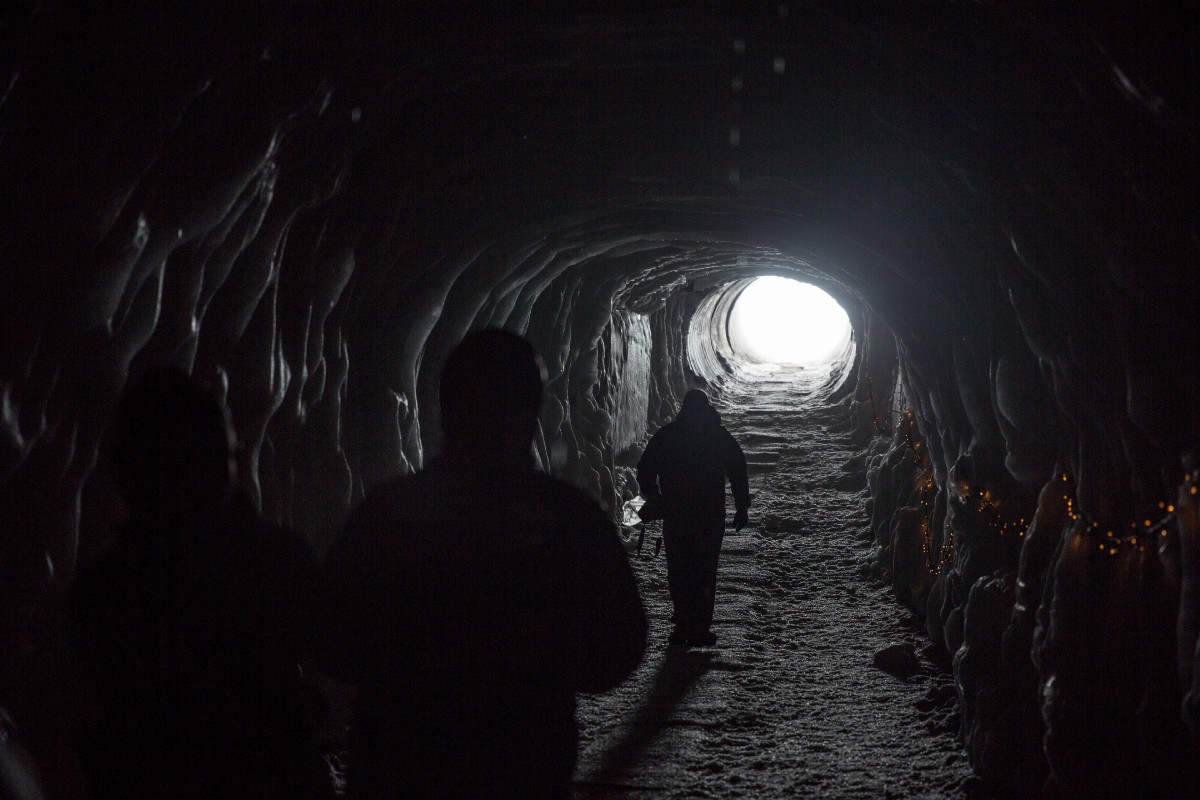
Evaluating Biomedical Data Production with Text Mining
A novel text-mining strategy that identifies articles producing biological data.

We-Sci’s Raison D’être
We-Sci: a collaborative research network for computational and traditional biologists.
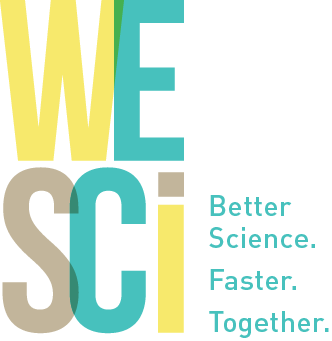
These Heroes Are Rescuing Our Government’s Data
After a post-election frenzy to save government data, open-access advocates are refocusing their energies toward a long-term strategy.
Who Will Use the Open Data?
Data labs, and the scant motivations for sharing data in basic science.

To Tweet or Not To Tweet — an Academic Question
I doubt that twitter has made my academic papers directly more impactful, but does that stop me tweeting about my group’s work? No way.

Towards Sustainable Funding for Open Access
In the quest to make scientific publications free to read and free to publish, the million-dollar question is: how can it be sustainable?
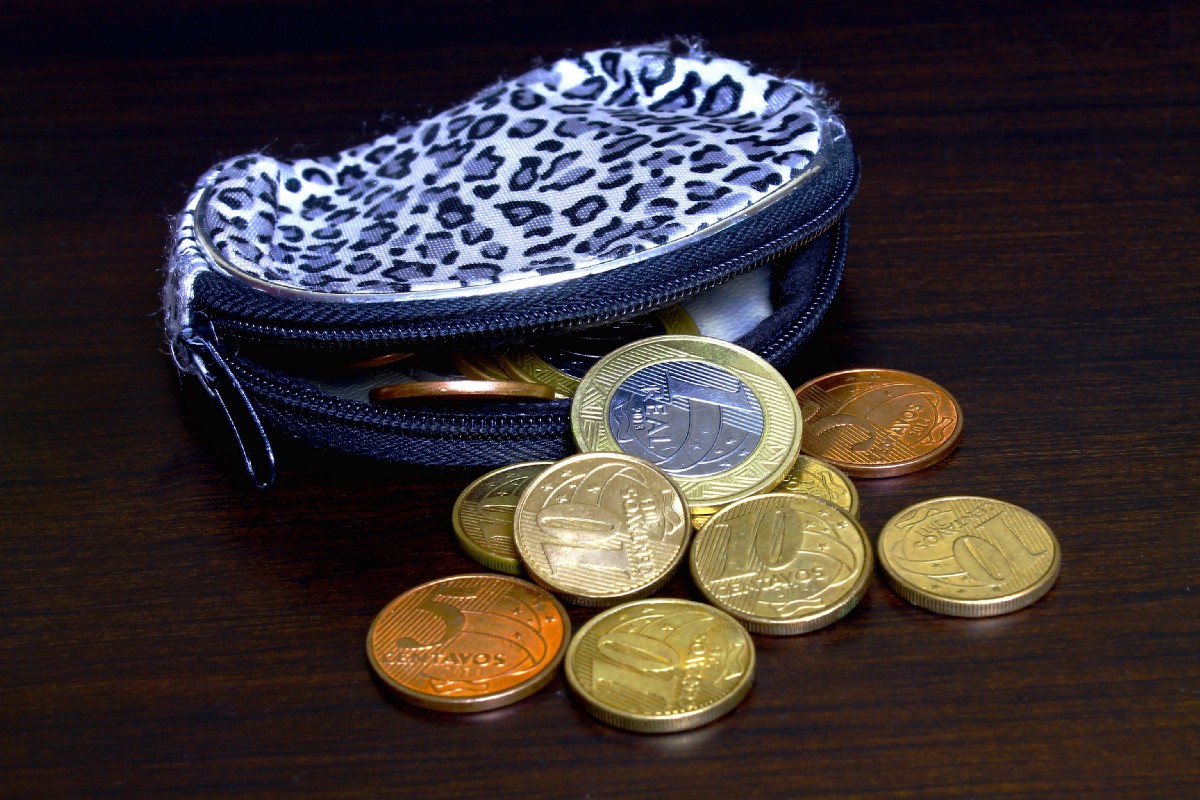
14 Podcasts That Take Science Seriously
From an audio version of a peer-reviewed journal to 60-second crash courses, these are the best science podcasts.
